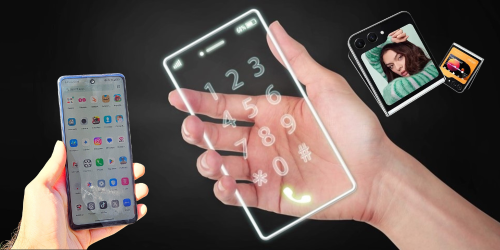Gen Zers Face A “Blindness Epidemic”

Remember when your mom would say “Don’t sit too close to the TV or you’ll go blind.”
Gen Zers are getting increasingly near-sighted from staring at their electronic devices all day and face a blindness epidemic if they continue to stay indoors while phone-addicted, a leading eye surgeon warns in a new report.
The rates of near-sightedness, or myopia, have been skyrocketing across the world with an increase of 46% in the UK over the last three decades, according to the Daily Mail.
In the US, a study from California says myopia has spiked a staggering 59% among teenagers.
The Canadian Association of Optometrists estimates that 30% of Canadians experience myopia and rates are on the rise...
By 2050, the prevalence of myopia is estimated to increase to 50% of the world's population.
And Zoomers face mounting risks of developing serious vision problems – even leading up to blindness – after missing out on natural sunlight during puberty, the outlet reports.
A leading laser eye surgeon says people born between the mid-1990s and mid-2010s — aren’t getting enough dopamine.
In the retina, high levels of dopamine tunes vision for daylight conditions.
Time spent in the sun boosts dopamine levels while staying indoors reduces the amount of the important neurotransmitter – leading to serious eye problems. Meanwhile, the amount of time spent staring at electronic devices a few inches away from the face can lead to myopia.
FACT:
Going outside in the daylight to play football, sports of any kind or just to play with friends causes a chemical process which releases dopamine… The expert warned that myopia can lead to blindness in serious cases.
The COVID-19 pandemic kept children stuck indoors and focused on screens, which further sped up the global trend toward worsening eyesight, according to a 2022 article in Psychology Today.
Studies in California and Sydney, Australia, found that time spent outdoors was strongly linked to a lower risk of near-sightedness, according to the outlet. Holding a screen close to the face means the eyes blink less and over-compensate when focusing for hours- leading to a gradual lengthening of the eyeball and changes in the lens…
By 2030, 40% of the global population will be nearsighted, according to the World Health Organization.
Beat FOMO by being in the know!
Sign up for our newsletter today and never miss a beat.







